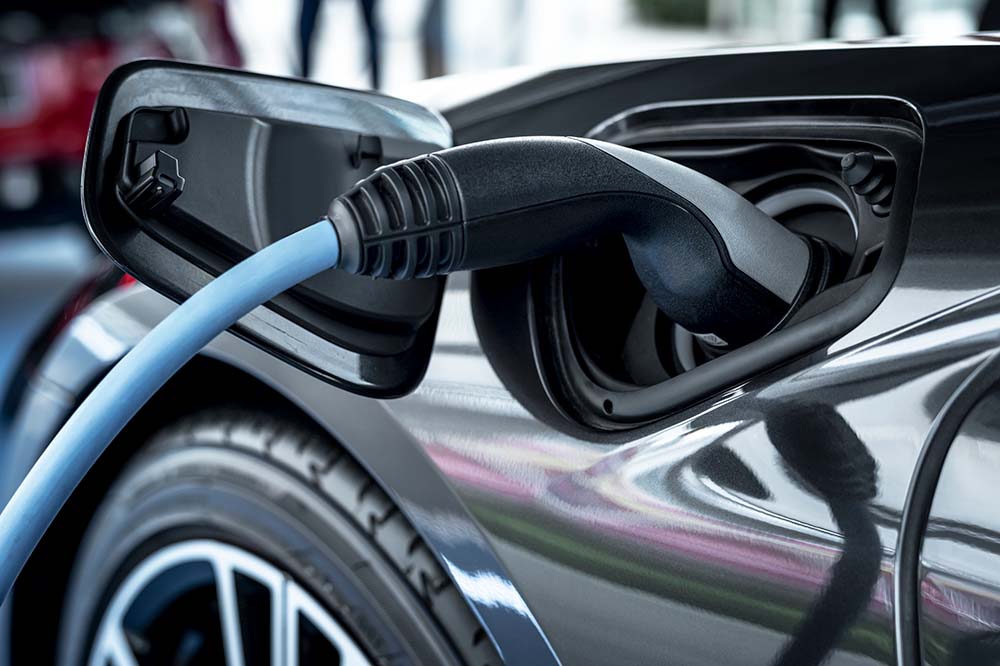
What is the future for electric vehicles?
May 15, 2023Electric vehicles (EVs) are becoming more popular with each passing year. More and more drivers look to them as a means of reducing the carbon footprint of their transport – and, of course, to save money on the petrol they’d otherwise have to buy.
As that population of EV drivers spreads wider, a new issue arises – the question of insurance cover for electric vehicles. Along with the recognised benefits of switching to electric energy, therefore, insurers also need to consider the new and unique risks associated with EVs.
The cost of insurance
Set against the positive features, several areas contribute to the increased cost of insuring an EV:
Batteries
- according to a story in the Times newspaper on the 22nd of April, insurance premiums for EVs have shot up by some 20% during the past 12 months;
- this is perhaps the single biggest issue surrounding the costs of insuring an electric vehicle;
- the significant increase in those premiums largely stems from the disproportionate cost of the vehicle’s battery;
- because it is difficult – often impossible – to repair the battery of an EV involved in an accident, insurers frequently have little option but to write off the whole vehicle;
- clearly, this imposes a considerable burden on the economics of insuring such vehicles;
Repairs
- even when vehicles can be repaired, insurers are faced with the fact that EVs are simply more expensive than traditional cars – they feature high-end technology and require specialised repairs that often cost more than traditional vehicle repairs;
- those higher costs need to be reflected in higher insurance premiums;
- insurers are forced into a delicate balancing act in striving to offer insurance cover that is affordable yet also provides a source of profit for the company.
The benefits – insurance industry readiness
Despite these challenges, the insurance industry needs to be ready for the continuing, steady shift towards EVs.
According to Fleet News on the 27th of January, there are currently more than 600,000 non-hybrid, purely electric vehicles on Britain’s roads – and they have already captured more than 15% of the UK’s market in new cars. In November 2022, there were just over 35% more new EVs registered than in the same period the year before.
For insurance companies, therefore, the trend is inescapable and EVs continue to attract more and more new buyers.
And that is just as well since electric vehicles are undoubtedly more environmentally friendly and a key to government initiatives to achieve zero emissions. This is an ambitious target to reduce the UK’s greenhouse gas emissions by 100% from the levels in 1990 by the year 2050.
But there are other, more practical, benefits for motor insurers. Importantly, EVs are safer than conventional motor cars. They boast greater stability, and have improved traction and handling, helping EVs to avoid many of the accidents suffered by conventional cars.
Thanks to the replacement of the internal combustion engine with an electric motor, the EV avoids any risk of fires caused by petrol spills.
These are all decided benefits that motor insurers will be taking into account as the industry prepares to ready itself for a motoring future that will be electric.